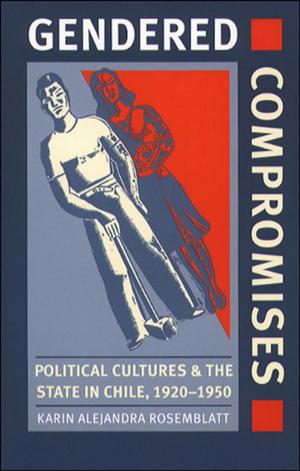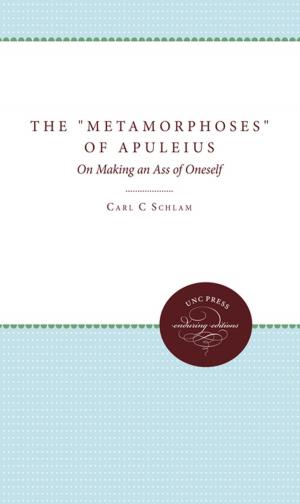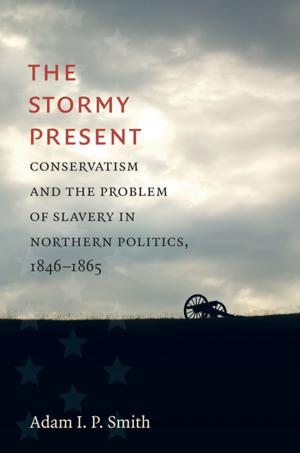Caught in the Middle East
U.S. Policy toward the Arab-Israeli Conflict, 1945-1961
Nonfiction, Social & Cultural Studies, Political Science, International, International Relations, Politics, History & Theory, History, Modern, 20th Century| Author: | Peter L. Hahn | ISBN: | 9780807863589 |
| Publisher: | The University of North Carolina Press | Publication: | December 15, 2005 |
| Imprint: | The University of North Carolina Press | Language: | English |
| Author: | Peter L. Hahn |
| ISBN: | 9780807863589 |
| Publisher: | The University of North Carolina Press |
| Publication: | December 15, 2005 |
| Imprint: | The University of North Carolina Press |
| Language: | English |
American postwar efforts to ameliorate Arab-Israeli relations entangled the United States in the Arab-Israeli conflict in complex ways. Peter L. Hahn explores the diplomatic and cultural factors that influenced the policies of Presidents Truman and Eisenhower as they faced the escalation of one of the modern world's most intractable disputes.
Truman tended to make decisions in an ad hoc, reactive fashion. Eisenhower, in contrast, had a more proactive approach to the regional conflict, but strategic and domestic political factors prevented him from dramatically revising the basic tenets Truman had established.
American officials desired--in principle--to promote Arab-Israeli peace in order to stabilize the region. Yet Hahn shows how that desire for peace was not always an American priority, as U.S. leaders consistently gave more weight to their determination to contain the Soviet Union than to their desire to make peace between Israel and its neighbors.
During these critical years the United States began to supplant Britain as the dominant Western power in the Middle East, and U.S. leaders found themselves in two notable predicaments. They were unable to relinquish the responsibilities they had accepted with their new power--even as those responsibilities became increasingly difficult to fulfill. And they were caught in the middle of the Arab-Israeli conflict, unable to resolve a dispute that would continue to generate instability for years to come.
American postwar efforts to ameliorate Arab-Israeli relations entangled the United States in the Arab-Israeli conflict in complex ways. Peter L. Hahn explores the diplomatic and cultural factors that influenced the policies of Presidents Truman and Eisenhower as they faced the escalation of one of the modern world's most intractable disputes.
Truman tended to make decisions in an ad hoc, reactive fashion. Eisenhower, in contrast, had a more proactive approach to the regional conflict, but strategic and domestic political factors prevented him from dramatically revising the basic tenets Truman had established.
American officials desired--in principle--to promote Arab-Israeli peace in order to stabilize the region. Yet Hahn shows how that desire for peace was not always an American priority, as U.S. leaders consistently gave more weight to their determination to contain the Soviet Union than to their desire to make peace between Israel and its neighbors.
During these critical years the United States began to supplant Britain as the dominant Western power in the Middle East, and U.S. leaders found themselves in two notable predicaments. They were unable to relinquish the responsibilities they had accepted with their new power--even as those responsibilities became increasingly difficult to fulfill. And they were caught in the middle of the Arab-Israeli conflict, unable to resolve a dispute that would continue to generate instability for years to come.















